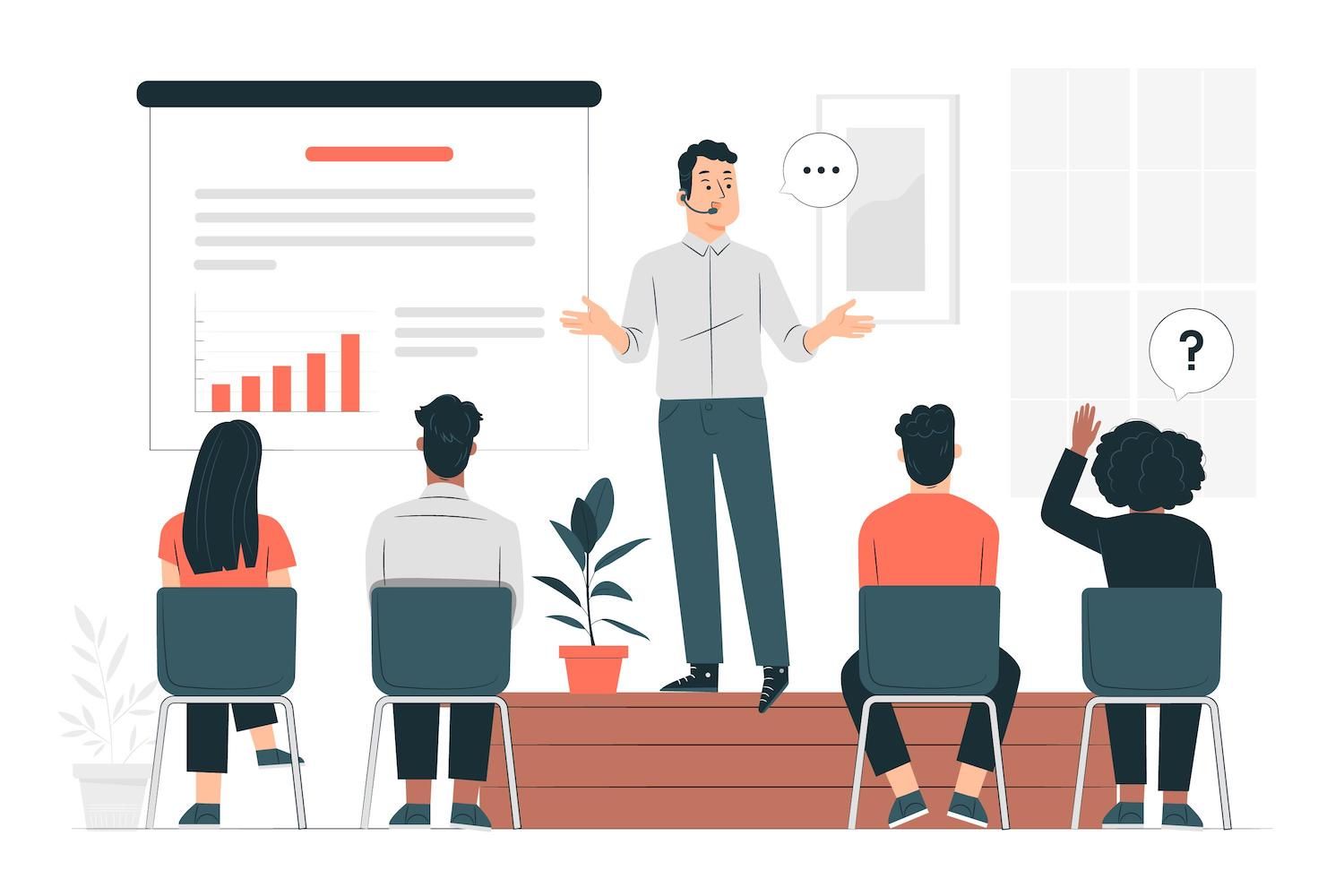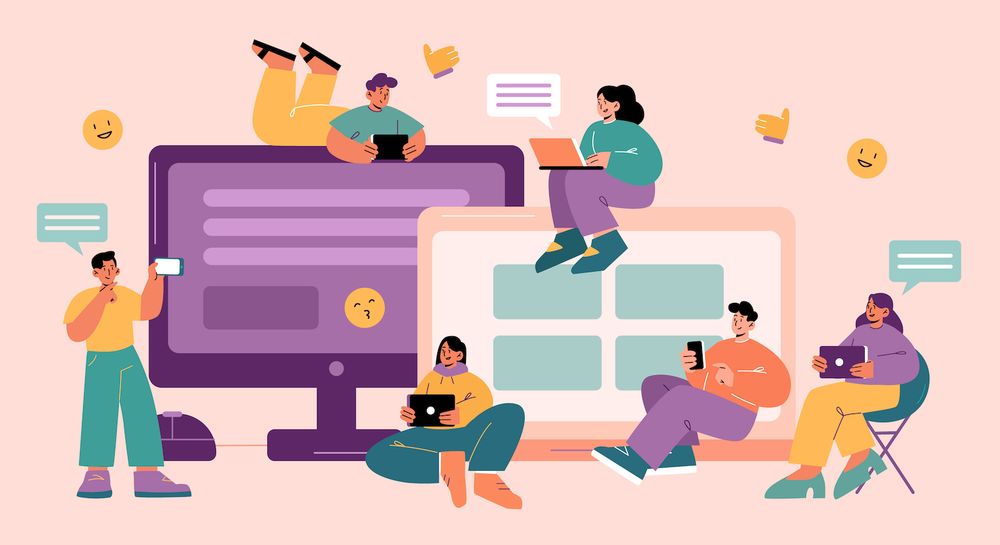How to Sell a Mobile App or Game outside App Stores -
We thank Tony Markov for contributing to this article!
If you're unsure of what to do to market your application direct to the consumer (D2C) beyond the app stores (or if you're seeking a different method to make money from your game or mobile app You may be wondering about what options you have.
The high costs of platforms such as the Apple App Store and Google Play can understandably make it difficult for game developers and creators to look beyond the simplicity and ease of traditional marketplaces for apps however, the restrictions of platform providers have made it difficult.
In the meantime, as a result of current court cases as well as the development of new rules and laws The mobile world has changed.
You may have more options than you think, but where do you begin?
In this article, we'll cover:
- Current app store practices and costs.
- A variety of tools you can make use of to earn money from games and applications outside of the app store.
- Highlights from the most recent U.S. and European legal news stories that can impact game sales as well as app revenue.
How Mobile App Stores function currently
Making up the majority of markets for mobile operating systems share globally, Android with the Google Play Store as well as iOS using the Apple App Store have enjoyed the duopoly of mobile software distribution and mobile app ecommerce worldwide. Although these markets are starting to become more accessible, it's helpful to understand the framework that apps stores were previously operating with.
On the plus side, as apps are widely used by almost every single person who has mobile phones, the ability to attract new users for your app or players to play your game is unparalleled. App stores also provide a simple and easy way for customers to purchase and download the latest apps as well as in-app purchases through a marketplace they're already familiar with, as well as using payment methods that they've saved to their account.
App stores can also allow app developers to distribute their applications. They also manage essential aspects of transactions, such as varied payment methods and currencies, fraud and technical assistance related to the transaction, as well as collecting and paying sales tax.
But that ease of use isn't without a cost to the developers.
What are the Downsides of Monetizing via Major App Stores
If your app or game can be accepted by the gatekeepers for the mobile app store in the first place, the complete lack of competition ensures that the fees for sales through iOS and Google Play app stores are extremely high, usually at least 30%..
These fees are also applicable for in-game purchases too. That means, regardless of whether you decide to make a game for free and then monetize it through the in-app purchase option, your players as well as users are burdened by paying steep charges to app stores.
Transferring the Feesor the savings -- to consumers
Some apps are starting to clarify that a certain percentage of the high fees charged by app stores are passed on directly to buyers, but they also offer lower-cost alternatives instead.
Otter's 2023 Pro Pricing Changes
Otter revamped its pricing options at the mid-point of 2023. price changes for packages coming into effect in August 2023.

But there was one particularly noteworthy Pro alternative: Paying for a yearly subscription via Apple App Store or Google Play Store will cost users additional 10 dollars and will raise the cost by about 8% from $119.99 up to $129.99 USD.
To explain how users can avoid this upcharge, Otter placed a green "Tip" box right under the Otter Pro pricing grid, telling users to "Learn how to move your Apple App Store or Google Play Store subscription to Otter via Web ."

In order to address the pricing disparity more directly, the FAQ section at the bottom of the announcement page states that the higher price via the app store "reflects the cost of additional fees for hosting the Otter.ai subscriptions in both Apple and Google's storefronts for apps."
It goes on to explicitly recommend users cancel their current Apple App Store or Google Play Store subscription, and then renew their subscription on Otter's site..
The growing trend of Player Account Purchases for Video Games
As with Otter Many game application developers are offering discounted prices to users if they purchase outside of the app via an account outside of the app that is linked back to the app.
Developers are able to advertise this kind of discounts and user accounts on their sites.

Developers of apps make it simple for a user to sign-up by accessing the app from the phone, then pressing a button to create an account for the user, then complete the registration.
Then users can easily make purchases from the developer's website, and pay cheaper than if they made the same transactions through the app. (More on user accounts below.)
KrfzTXoXoRIkgtDGvQsi
The List of App Development Companies Selling D2C is Growing
Although there are many advantages when selling games and applications through Google Play and the iOS App Store and Google Play, the downsides on pricing and the limitations on game distribution mean that as court cases continue and new rules open the marketplace, many developers will wonder what they should do to adopt a D2C approach for their application or game.
How to sell Apps in other App Stores
Even though Otter's app is available for download via the Apple App Store or Google Play Store -- and Otter has a premium price if users are paying annually for their Pro subscription through those stores -- there's an alternative that's less expensive for their users: Downloading the app from any of these stores and then paying for their service on Otter's own website with a different payment service company.
This model is an example of the distinction between distributing an app through the marketplace for apps, as well as monetizing apps through app marketplaces.
Even if downloads of your application are restricted to proprietary stores, that doesn't mean it's the only option for customers to purchase your service or features.
Here are some of the key things to consider when setting up your own revenue-generating option, outside of major marketplaces for apps.
Pick a Payment Provider
There are many options for payment service providers (PSP) and merchants of record (MoR) available that you can set up to accept payments that are not accepted by device-captive app stores.
However, there's a major difference between payment services companies in comparison to merchants of record.
A PSP assists businesses in selling products by providing special services and connections needed for this (such the connection of payment gateways, payment processors and merchant accounts).
A MoR as a whole and assumes important responsibility like ensuring that card brand rules, regulatory guidelines in various countries as well as risk, sales taxes and VAT, and more. That includes calculating, collecting and remitting taxes.
Why Shouldn't You Just Choose a Lower-Cost Solution like Stripe?
Stripe offers multiple upgrade options to fill some of those gap, however each upgrade will increase the price anyway.
User Accounts
For the purpose of connecting purchases from your own checkout option and the app you downloaded from the app marketplace, you'll likely require some sort of user account system that allows customers to track their purchases and receive in-app credit for -- their purchase.
Users with accounts can use their account to buy items from those on the App Store and Play Store after which they sign in to your app and see your purchase credit in the app.
If you're a customer of ours , we offer consumers with support -- so if they have any issues concerning their purchase, or with their purchasing account, we'll there to help.
Purchases tied to users accounts are often in the form of currency in-app or subscriptions.
Game or in-app currency
To monetize your app using the in-game or in-app currency it is necessary to purchase the currency using real money on your site, and is then used in your app for in-app items or features.
In the case of several games on mobile devices, the apps use an in-game currency that includes gems, coins gold, gems, or even a special fictional currency which players can redeem for bonuses within the game. It is usually bought as a package, with web-exclusive pricing offered when users quit the game and buy straight from the game developer's site.
Subscriptions
In lieu of making individual purchases only when needed, you may prefer to provide access to your app (or its features and premium services) via a subscription, often available monthly or yearly.
Apart from a freemium plan, Otter's packages are available for yearly or monthly subscriptions.

Items and Upgrades
The addition of items and upgrades is an additional option to monetize your app. They can work independently of other options such as subscriptions and the in-app currency or can work in tandem in conjunction with them.
The case is Otter, which offers the free version of their service (either on the web or through their application) Upgrades such as more transcription minutes as well as team collaboration as well as advanced export options incentivize users to subscribe to the Business and Pro packages.
For gaming apps, the possibilities are virtually limitless including exclusive characters, items, power-ups, and more to motivate players to shop through the web site and use within the application.

Legal News Re: App Revenue and Monetization
If you're unfamiliar with the current and ongoing legal challenges that could affect both Google and Apple's stores in some manner it's been a few in the U.S. and Europe alone.
The Digital Marketing Act (DMA)
Epic Games' Lawsuits
Following the incident, Epic Games used discounts to encourage its Fortnight customers to pay using a different payment system instead of app marketplaces and Google, both Apple and Google have since deleted Fortnight out of their store in the year 2020. Epic Games then separately sued both Apple as well as Google.
In the Google instance, appeals continue, but an appeals court decision in December 2023 was in favor of Epic on all counts.
State-Led Cassettes
Partner With

